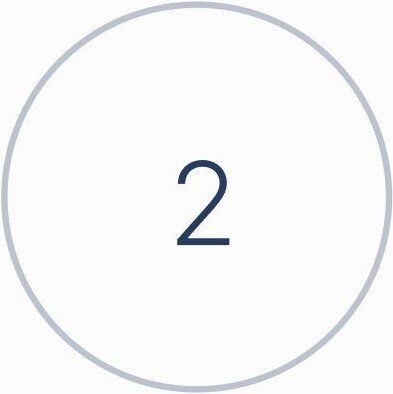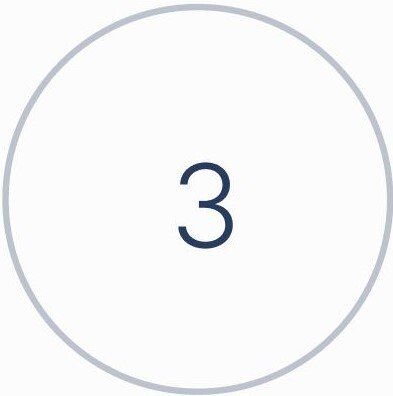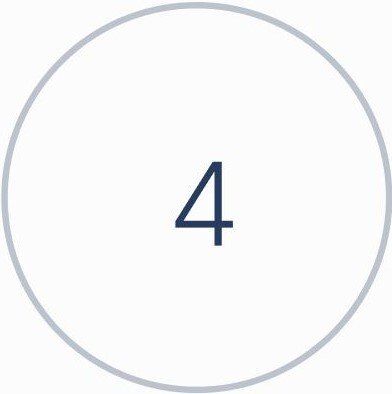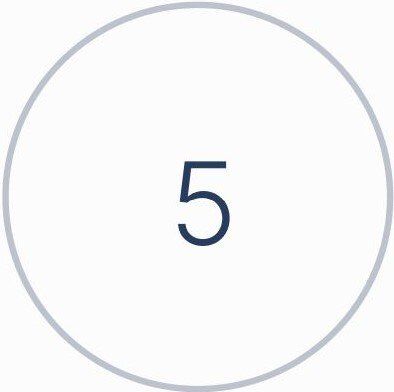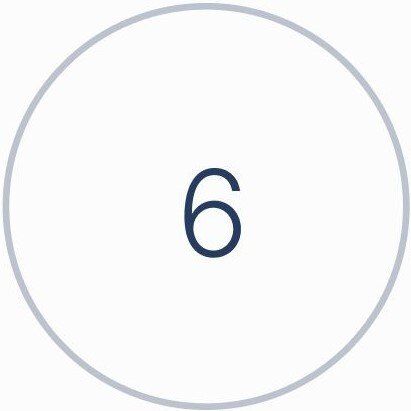Second visit. Interview with a donor. Psychological assessment
If the level of AMH is suitable for egg donation, our donor candidates will fill out a comprehensive questionnaire that contains details about both the potential donor and her family's medical history. Moreover, the donor will also undergo a psychological assessment to ensure her emotional stability. To qualify as an egg donor, one of the mandatory requirements is signing a legally binding contract with the medical centre about participating in the egg donation program. After signing the contract we ensure that the donor stays informed in regards to the whole procedure, her rights, and her obligations. Moreover, by signing the contract the donor gives explicit consent to donate the oocytes, commits to following the doctor’s prescriptions, and pledges to take all the necessary medical tests.
The remaining medical evaluations fall under two categories; gynaecological evaluation and blood screening.
Gynaecological evaluation:
- General physical assessment
- PAP-test
- Vaginal smear
- PCR, Chlamydia trachomatis and Neisseria gonorrhoeae (genital swab)
Blood screening
The donor will be asked to provide a full blood count, Additionally, she will have to take a test to determine her blood type and Rh. The blood sample will also be used for extensive genetic screening. Through our rigorous screening process, our team of experts can confidently exclude the possibility of the donor being a carrier of genetic illnesses that can be inherited by a future child.



